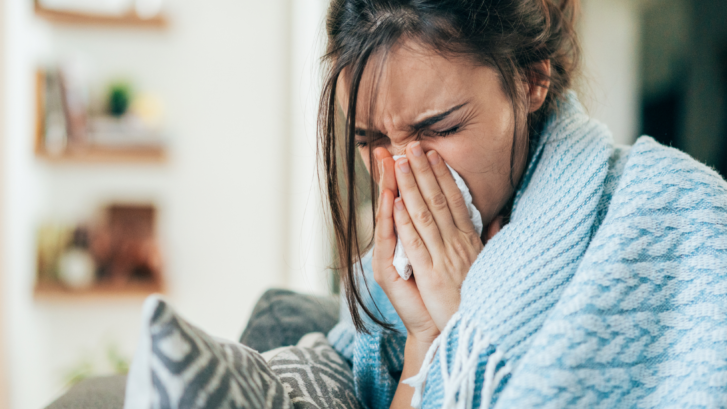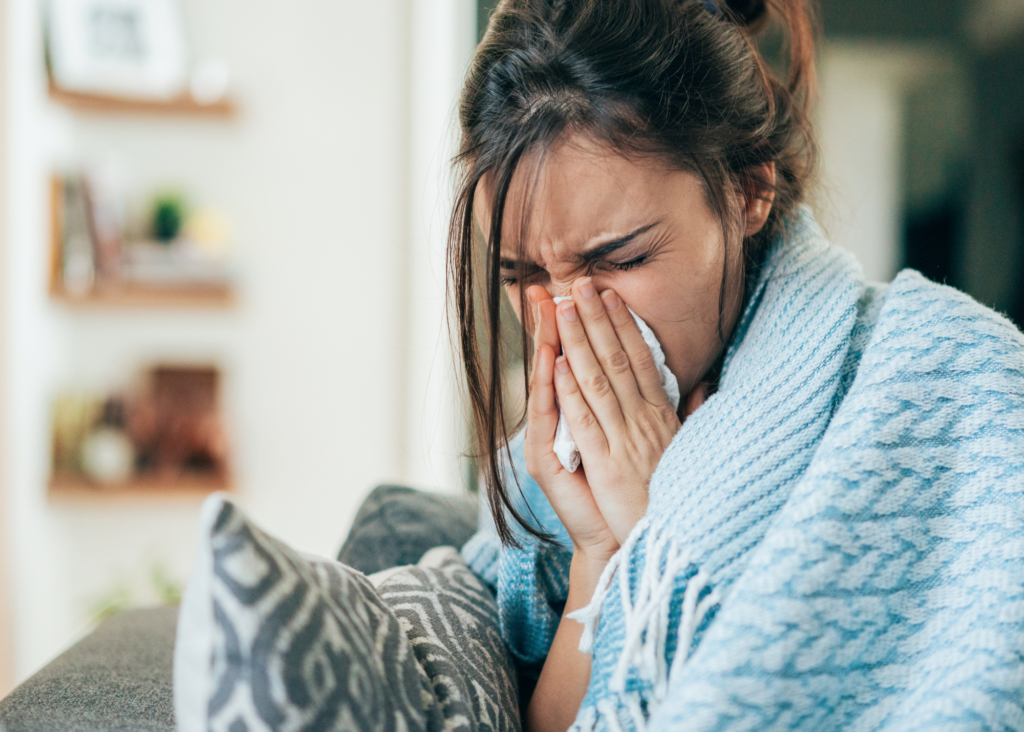Hand, Foot, and Mouth Disease (HFMD) in Adults
Hand, foot, and mouth disease, or HFMD, is a common illness that primarily affects young children. However, adults can also contract this viral infection and suffer from its uncomfortable symptoms.
It is easy for HFMD to spread through contact with sick people, contaminated objects, or body fluids. This is why it is crucial to take precautions as an adult to safeguard yourself from HFMD.
In this article, we will explore more about HFMD, its symptoms, some tips to help you stay safe, and how to maintain a healthy immune system. By following these simple steps, you can reduce your risk of contracting HFMD and keep yourself and those around you healthy and safe.
What does hand, foot, mouth disease look like in adults?
HFMD in adults can look similar to the infection in children. The first symptoms of HFMD in adults are usually fever, sore throat, and a general feeling of malaise. This is followed by the appearance of small, red blisters on the hands, feet, and mouth.
It may be uncomfortable to eat or drink because of the blisters. Blisters on the hands and feet can occasionally grow large and painful, making it hard to walk or use the hands. The blisters in the mouth can also become numerous and painful, making it difficult to eat or drink.
Adults with HFMD may also have additional symptoms such as weariness, body pains, and headaches. Adults who believe they may have HFMD should consult a doctor to confirm the diagnosis and obtain the proper care.
How long does the hand, foot, and mouth last in adults?
HFMD is a viral infection that can last up to ten days in adults. The duration of the infection can vary depending on the severity of the symptoms and the individual’s immune system. Symptoms usually appear within three to seven days after exposure to the virus and can last for up to two weeks.
It is important to note that even after the symptoms have subsided, the virus can still be present in the body and can be contagious for up to several weeks. Therefore, it is important to take preventive measures to avoid spreading the virus to others.
How does hand, foot, and mouth progress in adults?
HFMD in adults can progress rapidly, especially if the immune system is compromised. The virus can quickly spread to other parts of the body, causing more severe symptoms.
In some cases, the blisters on the hands and feet may become large and painful, making it difficult to walk or use the hands. The blisters in the mouth can also become numerous and painful, making it difficult to eat or drink.
Adults with HFMD may, in extreme situations, develop more serious complications, including meningitis or encephalitis, which can be fatal. These problems, however rare, typically arise in people with compromised immune systems.
Is hand, foot, and mouth disease more serious in adults?
HFMD is typically more severe in young children than in adults. However, adults can still experience uncomfortable symptoms and complications from the infection.
Adults with compromised immune systems, such as those with cancer or HIV, are more likely to experience problems with HFMD. These people could have more serious symptoms and take longer to get better from the virus.
It is important for adults to take preventive measures to avoid contracting HFMD, especially if they are at a higher risk of developing complications.
How do you know when Hand, Foot, and Mouth Disease is no longer contagious?
Adults who have contracted HFMD can be contagious for up to several weeks after the symptoms have subsided. The virus can be present in the body for an extended period of time and can be spread through close contact with others.
This is why it is important for adults who have contracted HFMD to take preventive measures to avoid spreading the virus to others.
Get the best medical care for your needs
Urgentcare MDs is staffed with skilled physicians and other medical experts that have a wide range of skills to help with your medical needs, whether you’re looking for excellent care for your medical requirements or guidance from a qualified practitioner regarding HFMD symptoms or other related cases.
To send an inquiry or to book a consultation, you can send an inquiry via our contact us form, call us at (281) 428-0000, or visit one of our clinics near you:
We are open evenings and weekends and accept walk-in patients, so if you have an injury that requires attention, we can help!
We also offer primary care services. Our primary care doctors in Baytown TX, are highly-trained in diagnosing and treating a full spectrum of healthcare conditions as well as preventing them.
***
The material contained on this site is for informational purposes only and DOES NOT CONSTITUTE THE PROVIDING OF MEDICAL ADVICE, and is not intended to be a substitute for independent professional medical judgment, advice, diagnosis, or treatment. Always seek the advice of your physician or other qualified healthcare providers with any questions or concerns you may have regarding your health.








